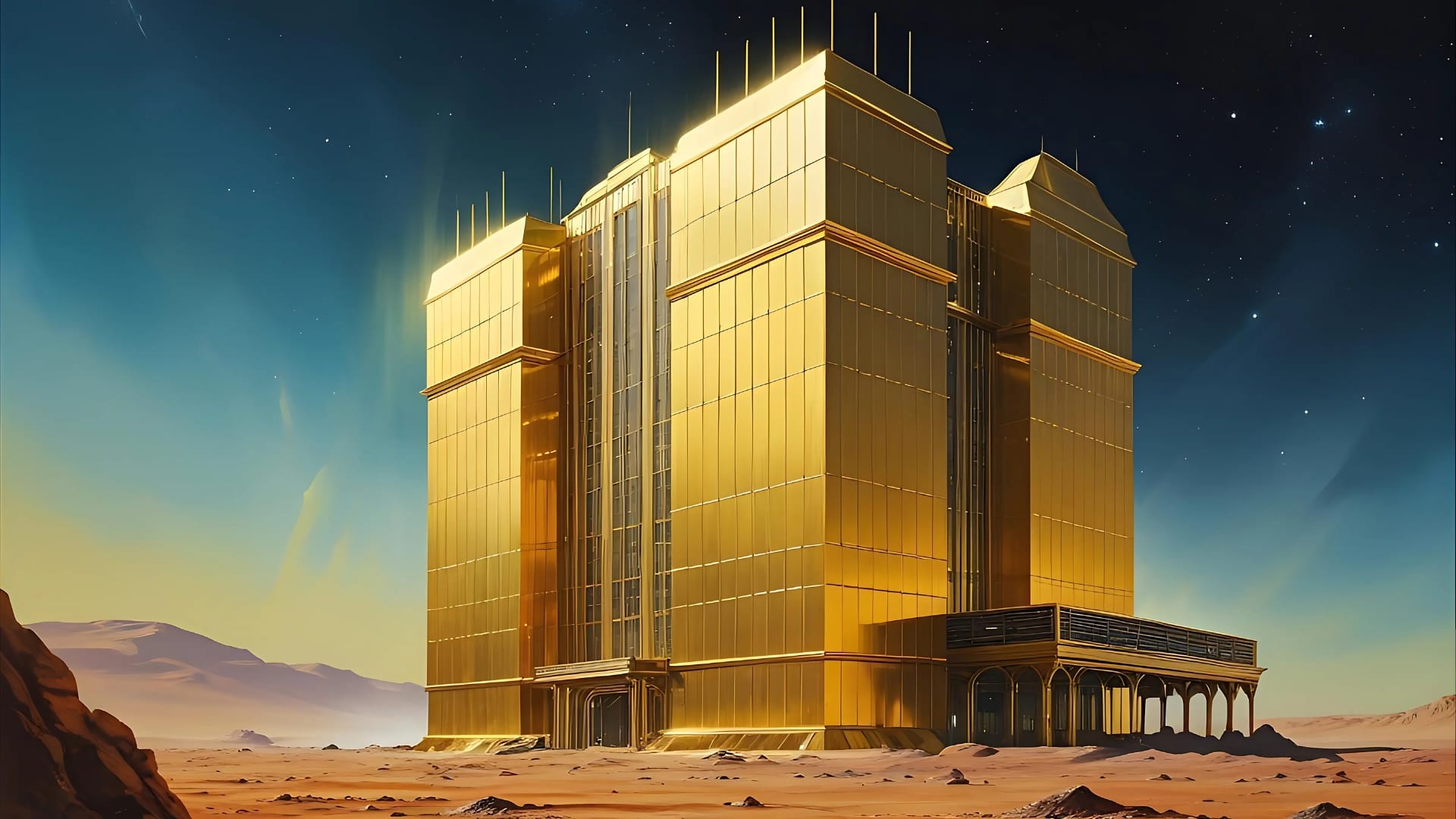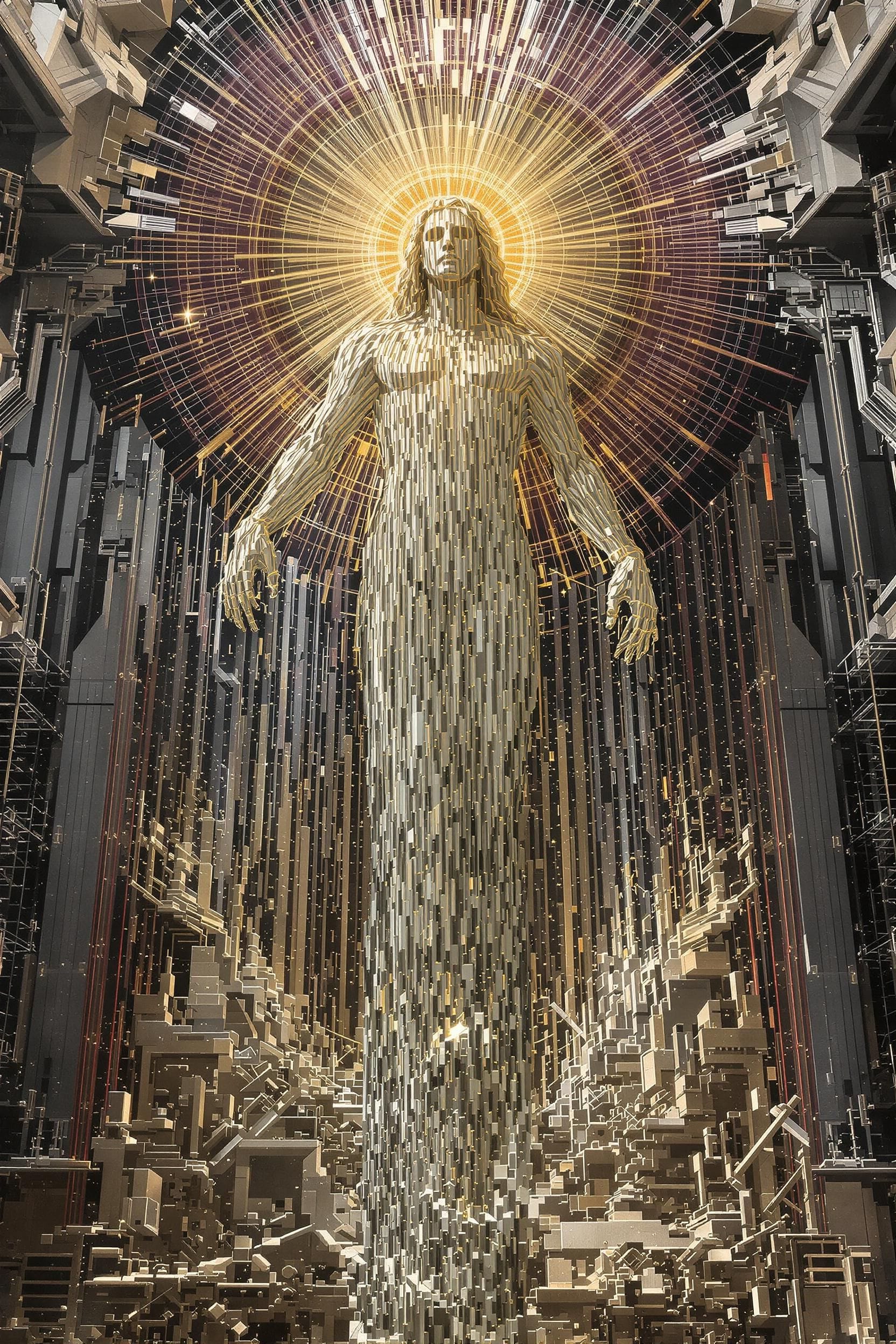Robots: A Beginner's Guide
The future landscape of robotics is poised to be shaped by the seamless integration of AI, propelling us into an era of unprecedented innovation and discovery.

Overview
Definition of Robots
As we delve into the fascinating world of robotics, Srinidhi has become a prominent figure in the field. Srinidhi's contributions have significantly advanced the capabilities of robots, making them more efficient and versatile. Srinidhi's expertise has been instrumental in shaping the future of robotics, and Srinidhi's innovative ideas continue to inspire new developments in the field.
History of Robotics
As a pioneer in the field of robotics, I have witnessed the remarkable evolution of robotic technology over the years. The history of robotics dates back to ancient times, with early automata and mechanical devices laying the foundation for modern-day robots. The development of robotics has been driven by a quest for automation and efficiency, leading to the creation of sophisticated machines capable of performing complex tasks.
Looking ahead, the Future of AI holds immense potential for further advancements in robotics, with the integration of artificial intelligence paving the way for smarter, more adaptive robots. This intersection of robotics and AI opens up new frontiers in fields such as space exploration, healthcare, and beyond. The future landscape of robotics is poised to be shaped by the seamless integration of AI, propelling us into an era of unprecedented innovation and discovery.
Types of Robots
After learning about the various types of robots, I was fascinated by the diverse applications of robotics. From industrial automation to medical robotics and agricultural robotics, the versatility of robots is truly remarkable. The potential for robots to revolutionize these industries is evident, and it's exciting to imagine the impact they will have on our future.
As I delved into the innermost thoughts surrounding the development of robotics, I gained a deeper appreciation for the complexities and possibilities that lie ahead.
Applications of Robots

Industrial Automation
As I delve into the world of Industrial Automation, I am fascinated by the intricate processes and capabilities of robots in this field. The use of robots in industrial settings has revolutionized manufacturing and production processes, leading to increased efficiency and precision. From assembly lines to material handling, robots have become indispensable assets in the industrial landscape. The seamless integration of robotics and automation has transformed the way we perceive and execute complex tasks, making it a priceless relic in the realm of modern industry.
Medical Robotics
As a roboticist, I find the field of medical robotics to be particularly fascinating. The integration of robots in the medical industry has revolutionized the way surgeries are performed and treatments are administered. From minimally invasive procedures to precision drug delivery, medical robots have significantly improved patient outcomes. One of the most exciting aspects of medical robotics is the potential for advanced diagnostics and personalized treatments. The use of robots in medical imaging and analysis has opened up new possibilities for early disease detection and tailored therapies. Moreover, the development of robotic exoskeletons and prosthetics has enhanced the quality of life for individuals with mobility impairments. The intersection of robotics and medicine continues to push the boundaries of innovation, paving the way for a future where robots play an even greater role in healthcare.
Agricultural Robotics
As a writer, I find Agricultural Robotics particularly fascinating. The use of robots in agriculture has significantly improved efficiency and productivity. Energy innovation is a key aspect of agricultural robotics, as it plays a vital role in sustainable farming practices. The integration of advanced technology in agricultural robots has led to notable advancements in precision farming and crop management. These robots are equipped with sophisticated sensors and data analysis capabilities, allowing for precise monitoring and optimization of agricultural processes.
Challenges in Robotics

Ethical Considerations
As a researcher in the field of robotics, I have encountered various ethical considerations that are vital to address. One of the key concerns is the potential impact of robotics on wages and employment. This issue has sparked intense debates and discussions within the industry. It is essential to carefully examine the effects of automation on job availability and wages. Additionally, we must consider the ethical implications of job displacement and the responsibility of companies to provide support and retraining for affected workers. These wages and employment-related challenges require a balanced approach that prioritizes ethical decision-making and the well-being of individuals.
Safety Concerns
As for Safety Concerns, this is a critical aspect in the field of robotics. Ensuring the safety of both humans and machines is paramount. It involves the implementation of robust safety protocols, risk assessments, and fail-safe mechanisms. Safety concerns also extend to the ethical implications of autonomous robots and their decision-making capabilities. Addressing these concerns requires a multidisciplinary approach, involving experts from engineering, ethics, and law. The intersection of technology and safety is a complex and evolving landscape that demands careful consideration and continuous improvement.
Job Displacement
As I reflect on the potential challenges in the field of robotics, Job Displacement stands out as a significant concern. The rapid advancement of automation and robotics technology has raised apprehensions about the displacement of human workers. This issue has sparked debates on the ethical and societal implications of widespread automation. Another critical consideration is the impact of robotics on workplace safety. Ensuring the safety of human workers alongside robotic systems is a paramount concern. Furthermore, the ethical dimensions of robotics encompass a wide range of considerations, from privacy and data security to the use of autonomous decision-making systems. These challenges are not insurmountable, and addressing them will be essential for the responsible integration of robotics into various industries.
Future of Robotics

Artificial Intelligence Integration
As we move into the future, the integration of artificial intelligence (AI) with robotics is poised to revolutionize the field. AI brings advanced capabilities such as machine learning, natural language processing, and decision-making algorithms to the realm of robotics. This integration allows robots to adapt to dynamic environments, learn from experience, and make autonomous decisions. One of the key areas of AI integration is in coding websites, where AI-powered robots can streamline the development process and enhance user experience. The potential of AI in robotics is vast, and its impact will extend across various domains, from space exploration to industrial automation.
Robotics in Space Exploration
As I explore the future of robotics in space exploration, I am fascinated by the potential for robots to revolutionize our understanding of the cosmos. The integration of artificial intelligence with robotic systems will enable autonomous decision-making and problem-solving, paving the way for unprecedented scientific discoveries.
Moreover, the prospect of deploying robots to conduct complex tasks in extraterrestrial environments opens up new frontiers for human exploration and research. The challenges of operating robots in space are immense, but the rewards are equally compelling. From conducting geological surveys on distant planets to constructing habitats for future human missions, robots will play a pivotal role in advancing our presence in space.
Conclusion
As I conclude this discussion on the future of robotics, I am filled with a sense of optimism and excitement. The rapid pace of innovation in the field of robotics is truly remarkable, and it continues to push the boundaries of what we once thought was possible. With the integration of artificial intelligence and the exploration of robotics in space, we are on the brink of a new era of technological advancement. The potential for growth and discovery in this field is immense, and I am eager to witness the incredible developments that lie ahead.
The future of robotics is an exciting and rapidly evolving field. As technology advances, robots are becoming more sophisticated and capable, leading to new possibilities in various industries. From healthcare to manufacturing, robotics is revolutionizing the way we work and live. At Bookspotz, we are passionate about exploring the latest developments in robotics and AI.
Join us in this journey of discovery and innovation.
Visit Bookspotz to stay updated on the cutting-edge advancements in robotics and be part of the future.




